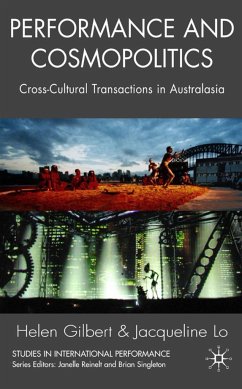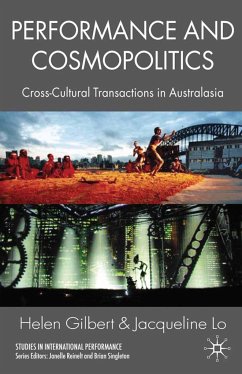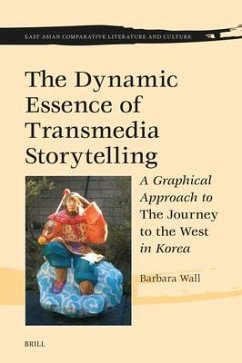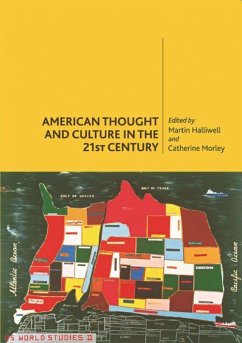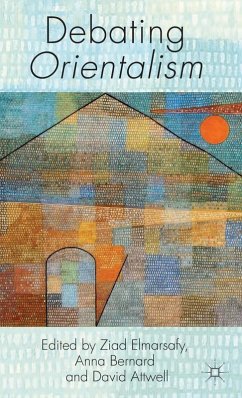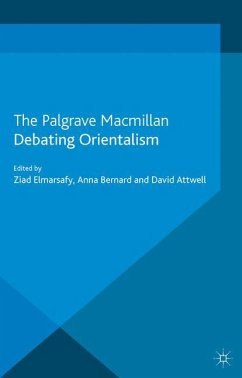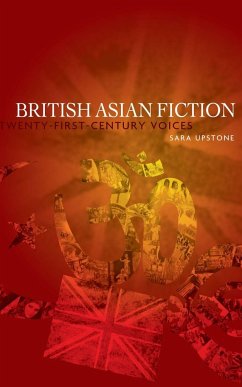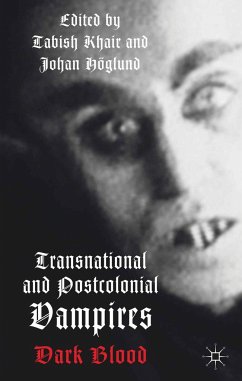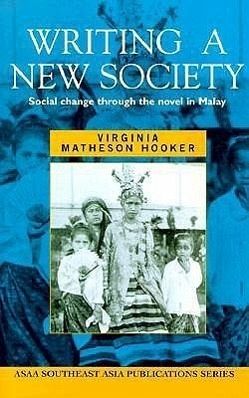
Writing a New Society
Social Change Through the Novel in Malay
Versandkostenfrei!
Versandfertig in über 4 Wochen
30,99 €
inkl. MwSt.

PAYBACK Punkte
15 °P sammeln!
Recent social and political upheaval in Malaysia has taken many analysts by surprise, but the stresses and fissures in Malaysia society have been vividly described in Malay novels since the early 1960s. Writing a New Society is the first extended study of the novel in Malay and is a groundbreaking study of the relationship between social change and literary practice. The book traces the emergence of the genre from the 1920s and, drawing on twenty-six of Malaysia's best-known novels, argues that the form was developed as a vehicle for transforming Malay ideas about themselves and their society....
Recent social and political upheaval in Malaysia has taken many analysts by surprise, but the stresses and fissures in Malaysia society have been vividly described in Malay novels since the early 1960s. Writing a New Society is the first extended study of the novel in Malay and is a groundbreaking study of the relationship between social change and literary practice. The book traces the emergence of the genre from the 1920s and, drawing on twenty-six of Malaysia's best-known novels, argues that the form was developed as a vehicle for transforming Malay ideas about themselves and their society. Virginia Hooker focuses on the underlying anxiety about racial identity, which underpins much of Malay writing and examines how ethnic identity is constructed and expressed. In a radical break with the traditional notion of Malay society as being totally dependent on the Sultan, the book shows how the novelists center their writings on descriptions of "ordinary" Malays, and present the home and household as the primary sites of change. In the novels the Malay house becomes a special space, symbolic of the family and of Malay ethnic identity. It is the domain where individuals can make choices about their futures free from the influence of any external authority. In this way the novels develop and describe a "private" sphere where Malays who previously had no rights begin to exercise their initiative. The novels also describe the values and personal qualities needed to sustain individuals through periods of change and through moving examples of social inequality that demonstrate how they undermine ethnic solidarity. The ideologies of social equality, which inspire the novelists, subvert many ofthe established themes of modern Malay politics.




